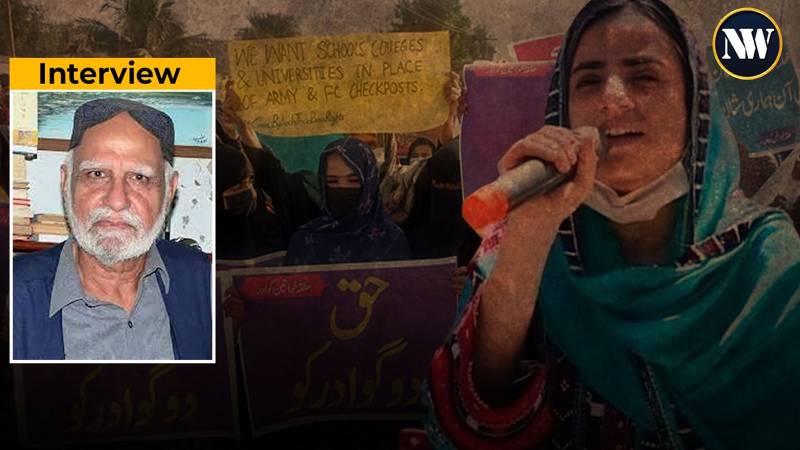
In a bid to stop the Balochistan National Gathering, a jirga or the Baloch Raaji Muchi, called by the Baloch Yakjehti (solidarity) Committee (BYC), the provincial government lead by the Pakistan Peoples Party and the security forces imposed Section 144 in Gwadar, disconnected internet and cellular services, blocked highways leading to the coastal city and arrested hundreds.
In this episode of New Wave Global, host Rabia Mehmood talks with Mir Mohammad Ali Talpur - a senior Baloch author, analyst, and activist affiliated with the Balochistan rights campaign since the 1970s – regarding the Baloch National Gathering held in Gwadar to highlight the grievances of Balochs, including forced disappearances, extrajudicial killings, and what he identified as the “theft" of Balochistan's resources.
During the discussion, Talpur said that the purpose of arranging a peaceful rally in Gwadar depicts Baloch resentment based on decades of state betrayal, adding that Gwadar symbolizes the theft of Balochistan's resources and the disenfranchisement of its residents.
The activist said that it's not about just Baloch anymore, the State now considers all Pakistani citizens its enemies. He said that authorities are using every possible tactic to prevent people from joining the peaceful gathering by suspending internet services in the region, blocking highways with containers and huge trucks, and detaining activists of the Baloch Yakjehti Committee (BYC).
While responding to a question, Talpur said, “Mainstream political parties show solidarity with them only when they are not in power, but they don’t even bother to listen to us when they become part of government.”
